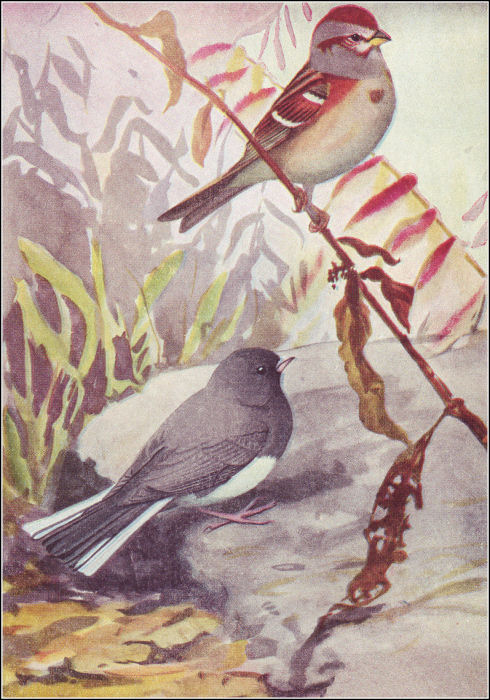
The Snake
|
A narrow fellow in the grass Occasionally rides; You may have met him,—did you not, His notice sudden is. The grass divides as with a comb, A spotted shaft is seen; And then it closes at your feet And opens further on. He likes a boggy acre A floor too cool for corn Yet when a child, and barefoot, I more than once, at morn, Have passed, I thought, a whip-lash Unbraiding in the sun,— When, stooping to secure it, It wrinkled, and was gone. Several of nature's people I know, and they know me; I feel for them a transport Of cordiality; But never met this fellow, Attended or alone, Without a tighter breathing, And zero at the bone. |